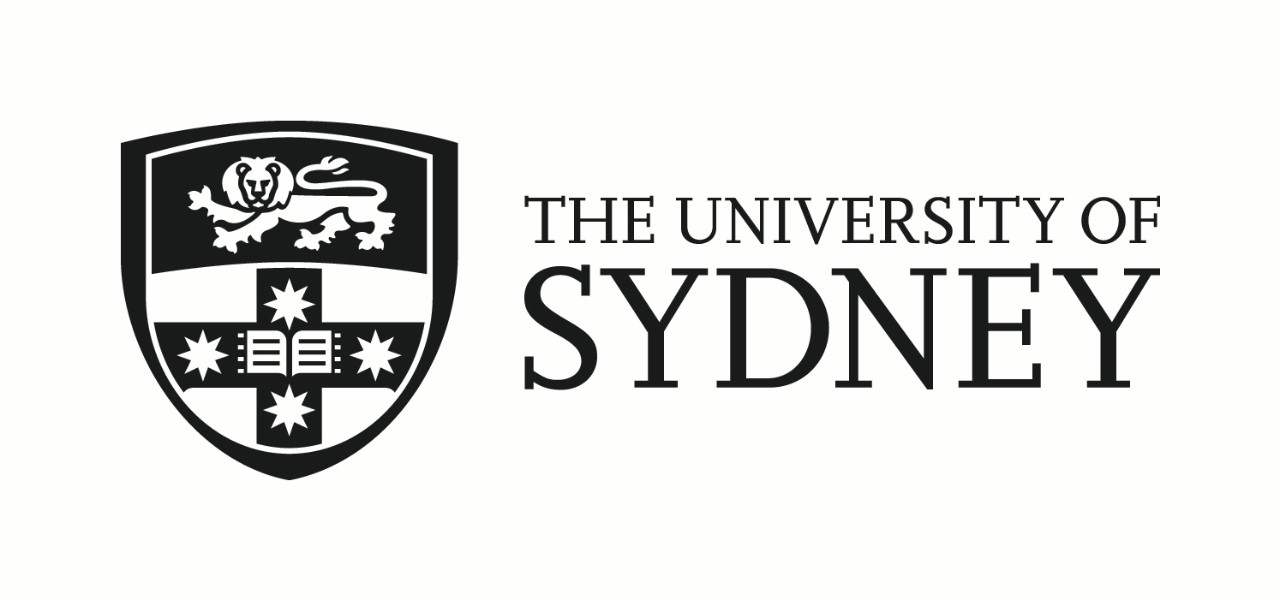Aims & Purpose
A registry is a collection of information about individuals with a specific diagnosis or condition
The aim of the Fetal Alcohol Spectrum Disorder Australian Registry (FASDAR) is to collect detailed information about children under 15 years in Australia with Fetal Alcohol Spectrum Disorder (FASD)
We invite all Australian families with children living with FASD to join the FASDAR
By having a unified national FASD registry, we will have a platform for patients, families, clinicians, researchers, government, and industry to work together to discover new interventions and advance knowledge for these conditions
Development & Funding
Work on the FASDAR started in 2015 when the Australian Government Department of Health requested our research team at the University of Sydney to develop a national registry for FASD
The FASDAR continues to receive funding from the Department of Health for its maintenance
The development and maintenance of the FASDAR is a collaborative effort between a number of organisations – find out more below


Partners & Governance
The FASDAR is being run through the University of Sydney and the Australian Paediatric Surveillance Unit (APSU) in Westmead by the FASDAR team
The FASDAR is supported by a number of organisations, clinicians, and FASD-informed clinics across Australia; our collaborators are from the following organisations:
The FASDAR team works closely with two governance groups to ensure the Registry is ethically and clinically sound; members of these groups are representatives from the above collaborating organisations
The FASDAR has received approval from the following bodies:
